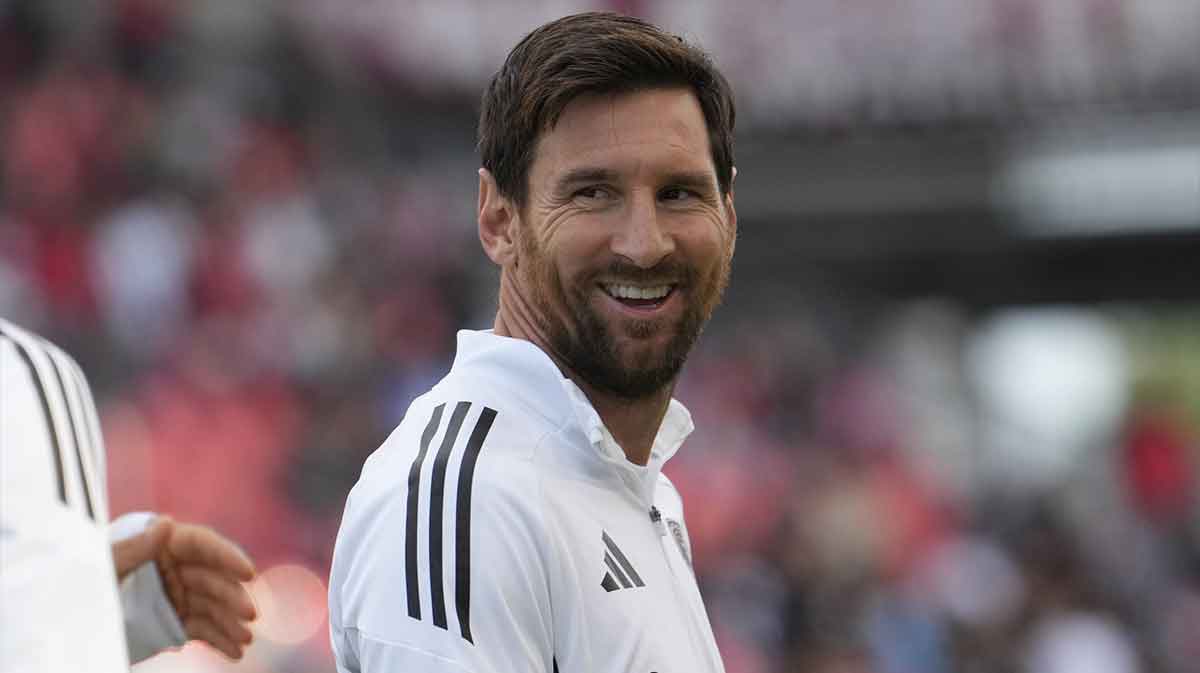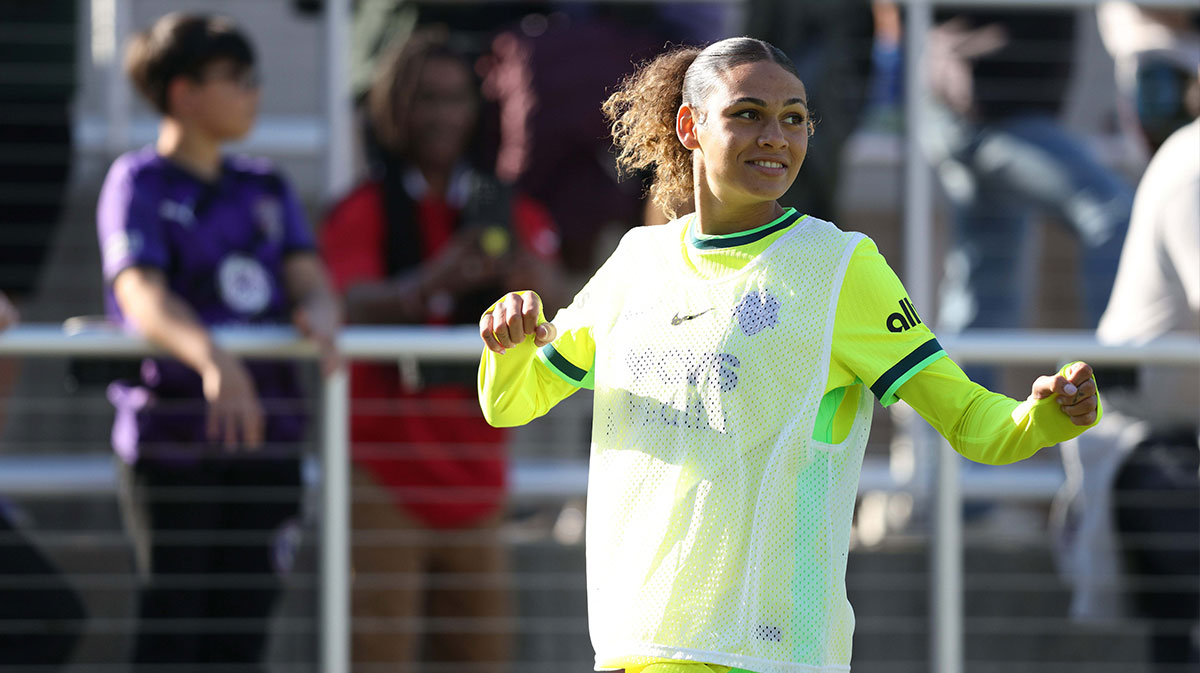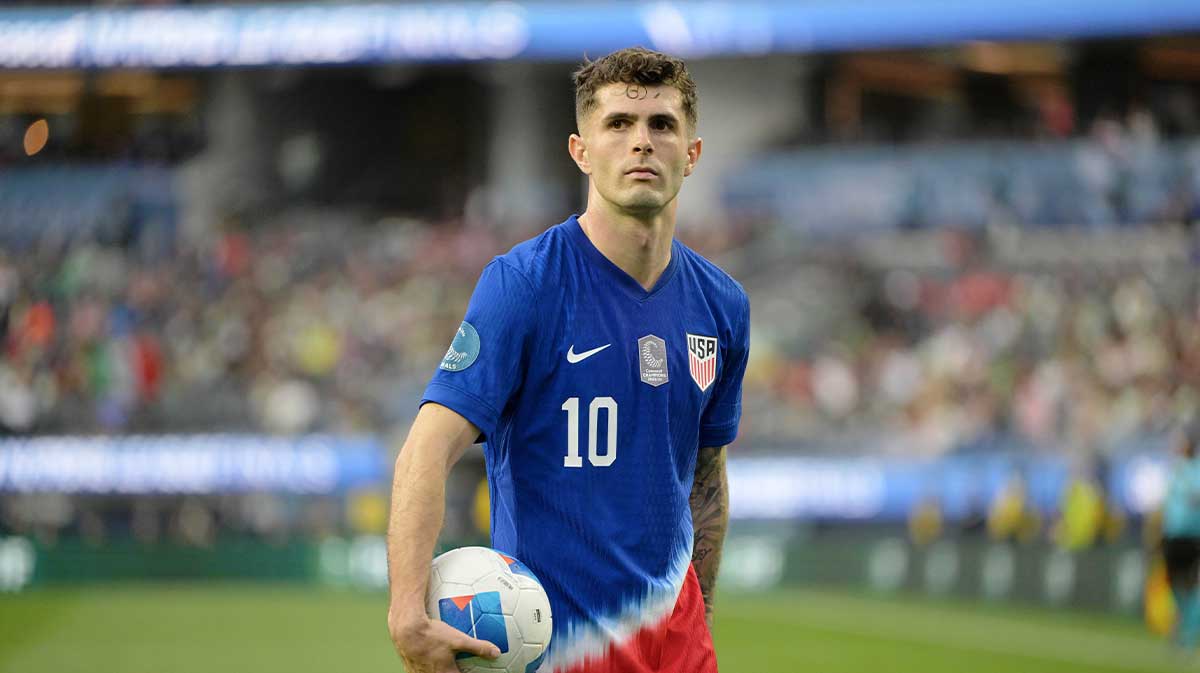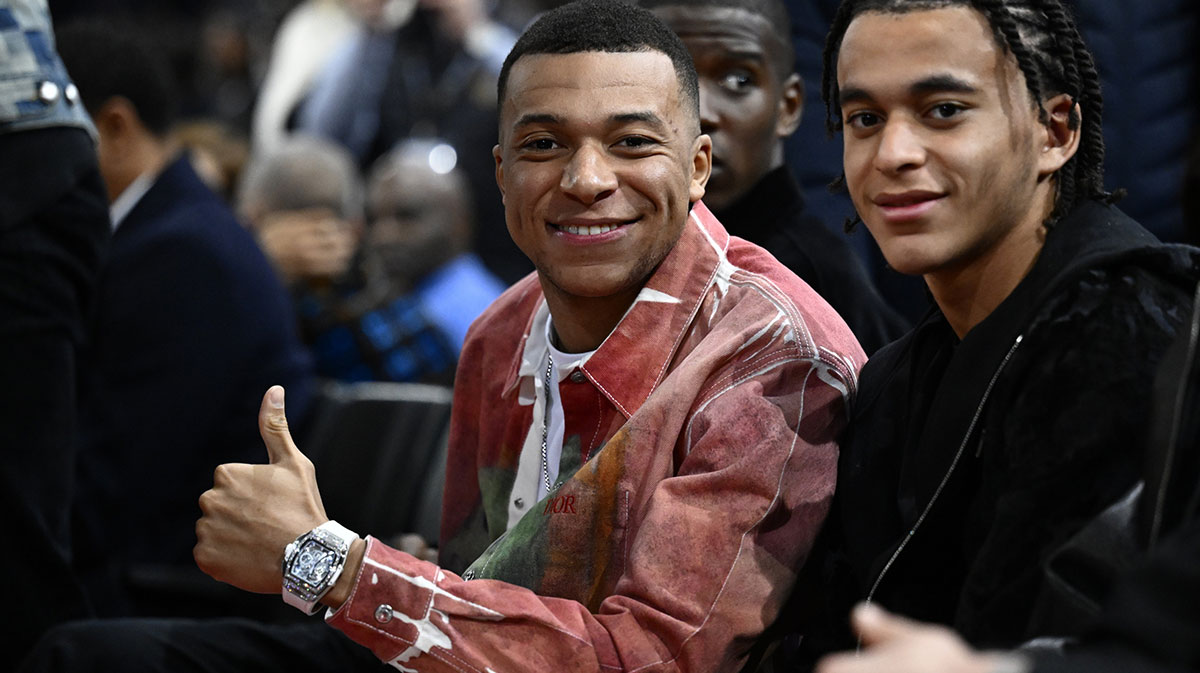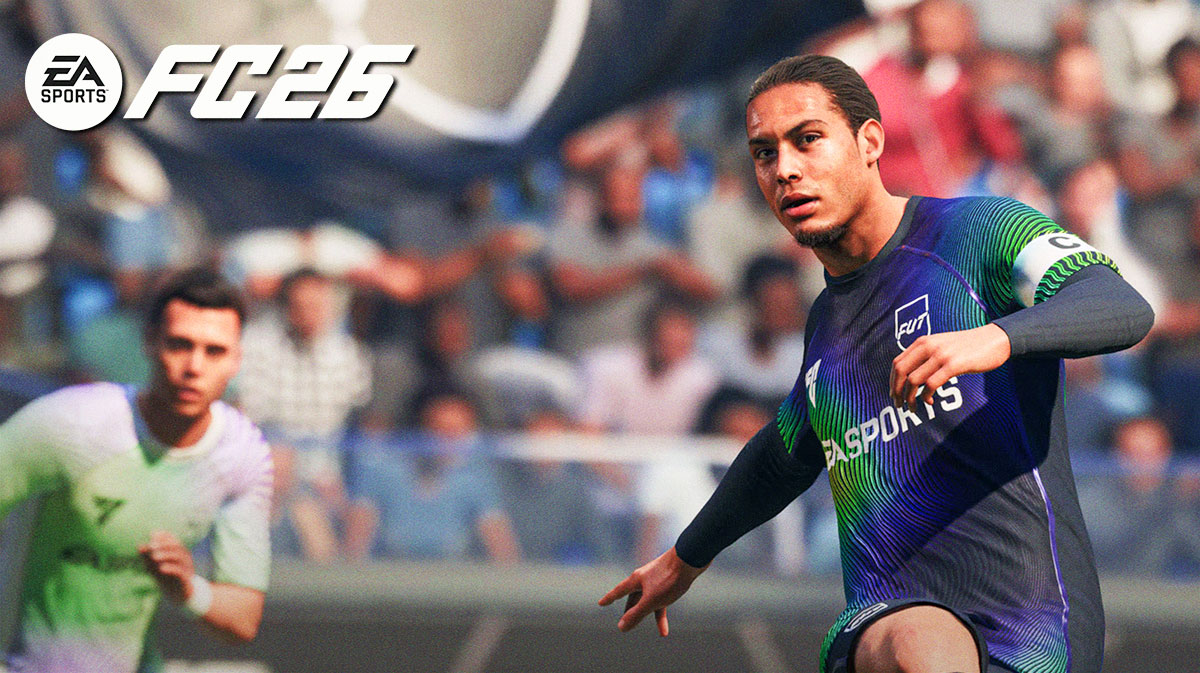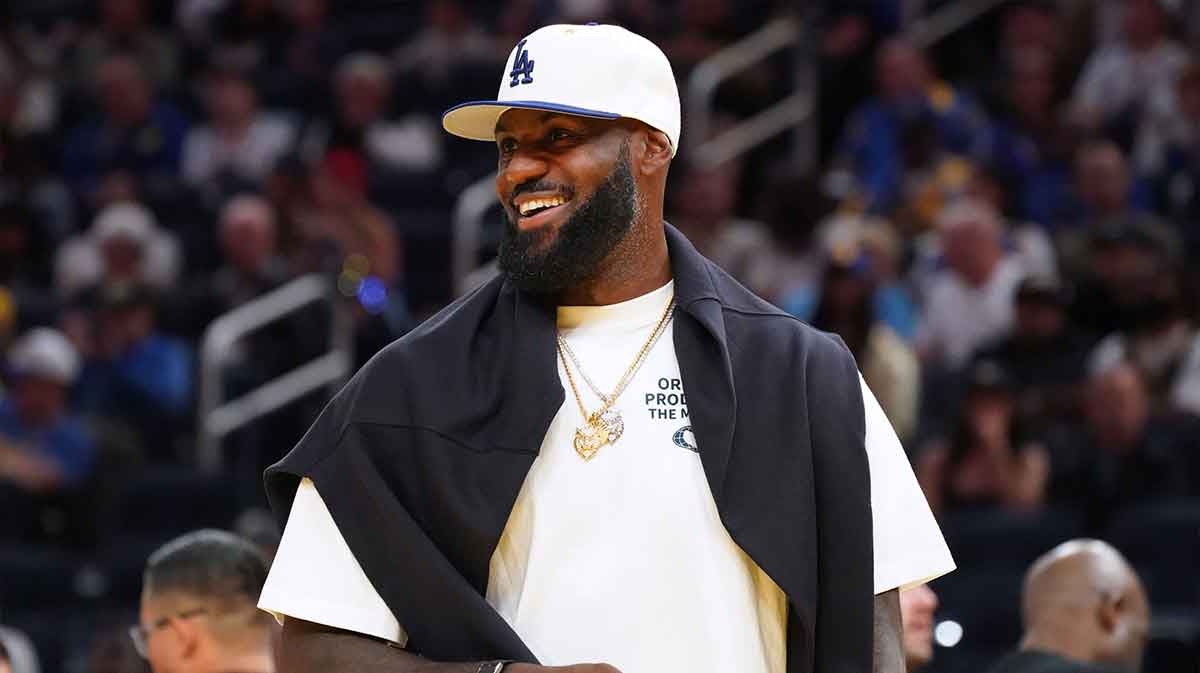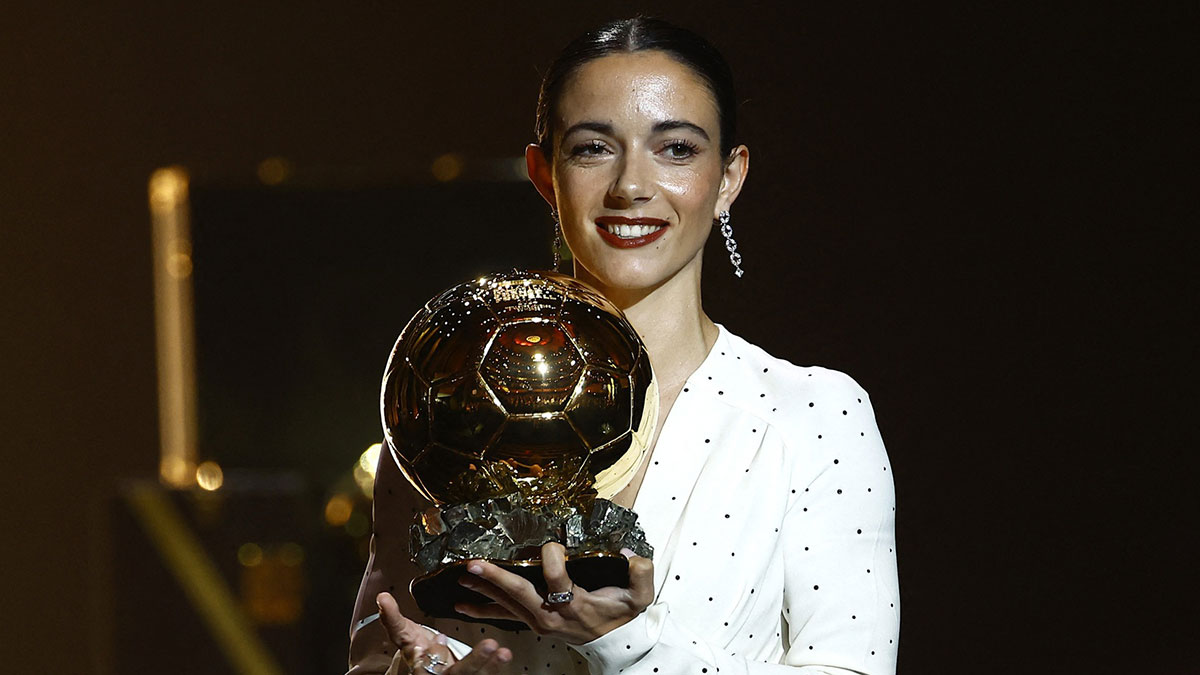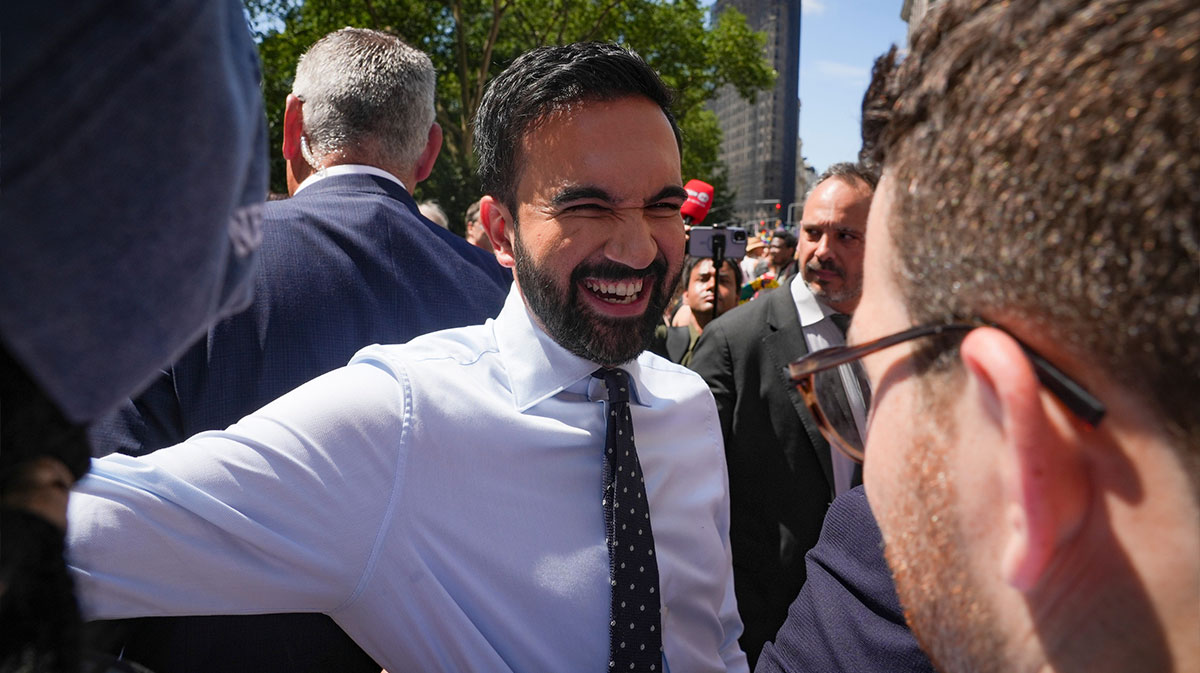As OL Reign advances toward the NWSL Championship, their success is not solely a product of physical training but also a strategic emphasis on mental strength, a dimension that has historically been underutilized in women’s soccer.
Forward Bethany Balcer highlighted the turning point in her career when she recognized the significance of mental fitness after a collegiate game, as reported by Caley Cook of Sounder at Heart. The realization propelled her toward working with a sports psychologist, a move that has since led her to a graduate degree in counseling, aiming to support athletes in mental training.
OL Reign’s introduction of mental performance resources is a relatively recent development in women’s professional soccer. Historically, the incorporation of sports psychologists in team staff was rare, attributed to financial limitations. However, following trends in European women's leagues, NWSL teams are now increasingly seeing the value in this investment.
Mariah Bullock, the team psychologist for OL Reign, bridges the gap between mental health and performance. Bullock, a former player herself, has become integral to the team, helping players align their mental state with their physical capabilities to gain a competitive edge.
“I think that organizations that are at the forefront of supporting elite mental performance have a mental performance coach that is integrated within the staff to some degree,” Bullock said. “Successful [organizations] are ones that see mental performance as affected by the whole system and therefore address it at a systems level.”
The impact of Bullock's work became particularly evident during a difficult phase last summer when the team grappled with a losing streak. The mental shift she facilitated led to a collective introspection among players, aligning their individual and team goals with the Reign's ethos – and it seems like it has paid off. The OL Reign made it to the playoffs this season, and will face the San Diego Wave FC on Sunday in the semifinals of the NWSL Championship.
OL Reign's mental health training is a ‘shift in the culture'
For defender Lauren Barnes, mental training was not a concept prevalent during her early years with the league. The introduction of an in-house sports psychologist has been a game-changer for the OL Reign's internal dynamics and overall performance.
“This year was hard in terms of a lot of internal stuff that we were dealing with,” Barnes said. “And I think for a group to be able to fight through that, there’s definitely something to say about mental health and just being able to utilize [Bullock] for a lot of that. I think she’s helped us continue to move forward even when it was super hard.”
Bullock’s techniques, which include goal clarification and stress reduction, are not just about coping mechanisms but are also employed to enhance focus and confidence. Such strategies have been particularly effective for players like Balcer, who has learned to reshape her in-competition thoughts and self-assessment.
“I think we just kind of have a collective purpose now,” Balcer said. “But we had to work together mentally to find that. A lot of us didn't know why we were playing the way we were playing. We came together and asked, ‘why are we all playing here? What makes the Reign so special? And how can we use that to move forward?’”
Derrek Falor, a mental performance consultant based in Seattle, points out that the approach to coaching has transformed to accommodate a greater understanding of athlete mental health. Coaches are now focusing on affirmation rather than criticism.
“Coaching has changed in large part because of considerations about athlete mental health,” Falor said. ““Athletes are learning that to be intentional on the field means to be intentional in your mental training, too. … It’s a real shift in the culture.”
OL Reign defender Alana Cook echoes the sentiment that mental clarity is paramount, especially when leading a team through high-pressure situations. This sentiment is shared by her teammates and has become part of the fabric of their preparation for the championship.
“Speaking for me personally, but I think for all of us, it's obviously been important to take care of your mental health both on and off the field,” Cook said. “I think being able to take on all the pressure and all the adversity, being able to be flexible and adapt to situations, you have to be clear of mind, and you have to be focused and ready to perform.”

The broader soccer community is also taking note of the importance of mental health, as seen in the USWNT's collaboration with Common Goal. This partnership has spurred initiatives like Create the Space, aimed at bolstering mental health resources at the youth level. USWNT players such as Sophia Smith and Naomi Girma have joined the initiative.
Kelly Schloredt of the University of Washington highlights the increased awareness following a spate of college athlete suicides. The tragic events have spurred NCAA and other athletic organizations to prioritize mental health services.
“That series of events really began to open more people’s eyes to this as a real problem,” Schloredt said. “The NCAA is really pushing every athletic department to have mental health services. It’s a unique developmental period of exploration and trying to understand their own identity. And that carries on into professional athletics, too.”


